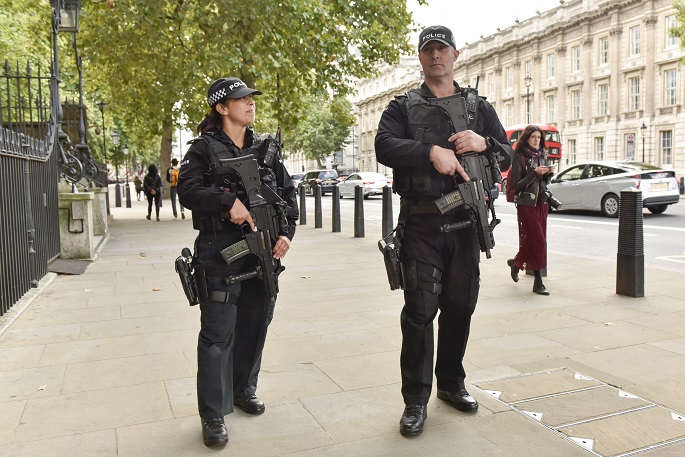British varsities pay cops millions to protect students
Published : 05 Jan 2019, 22:19
Updated : 05 Jan 2019, 22:23
Universities in Britain are paying millions of dollars to hire police officers to protect students from criminals, a report in London revealed Saturday.
The Times newspaper reported that 27 British universities are paying for police officers to protect students from criminals over fears they have become easy targets.
The report claimed that a fifth of all universities in Britain are spending millions to fund police officers, including dedicated police patrols, amid concerns that campuses have become a magnet for thieves and drug dealers.
Students are said to be vulnerable to crime as they often live in high-density accommodation and own hardware such as laptops, tablets and cellphones.
Robbery, burglary, violence and sex offences are the crimes most likely to affect students, according to reports.
According to data obtained under Britain's Freedom of Information Act, universities are contributing to police budgets in exchange for protection.
Over the past three years universities have paid more than 2.55 million U.S. dollars to 17 police forces in exchange for support, the Times reported.
The Times says the biggest spender is Northampton University which has set aside 990,000 U.S. dollars over the next three years to cover the cost of a police sergeant and five constables to patrol its new campus. Hiring cops followed a six-year high in the level of campus crime.
The Times says universities are paying police forces in return for officers to patrol campuses or student areas, although the cops still report to their chief constables.
Police budgets in Britain have decreased by almost 20 percent since 2010 and the overall number of police officers has gone down by 20,000 over the same period.
At least five universities have started paying for police in the past year, including Sheffield, with Durham, Liverpool, Worcester, and De Montfort in Leicester.
Critics of what had been described as a "town versus gown" arrangement, have expressed fears the practice could lead to two-tier policing in which those living in university towns get a raw deal compared with students where universities pay for extra protection.
Nick Hillman, director of the think-tank, the Higher Education Policy Institute, said universities were acting like good citizens in contributing to their local police forces. But he said getting universities to pay for the police cannot be a permanent panacea.
Louise Haigh, the main opposition Labour Party's policing spokesperson, said: "This is another example of the police, who have been shrunk to their lowest ever level, being unable to protect the public in the most basic sense. "We are seeing communities contributing to the cost of policing, which inevitably creates a two-tier system leaving those areas that can afford to pay with the public services we all should benefit from and our more deprived areas going without."


